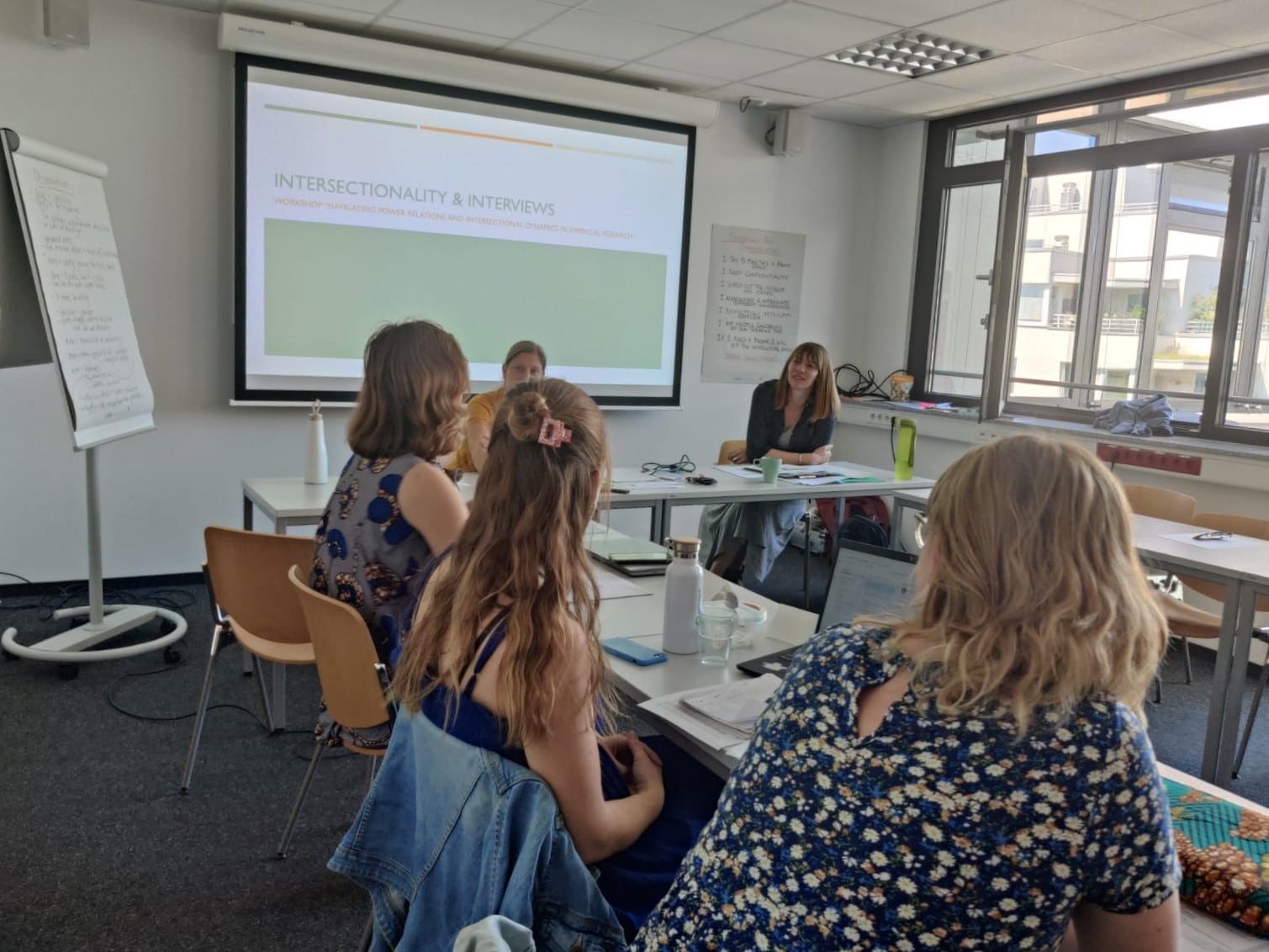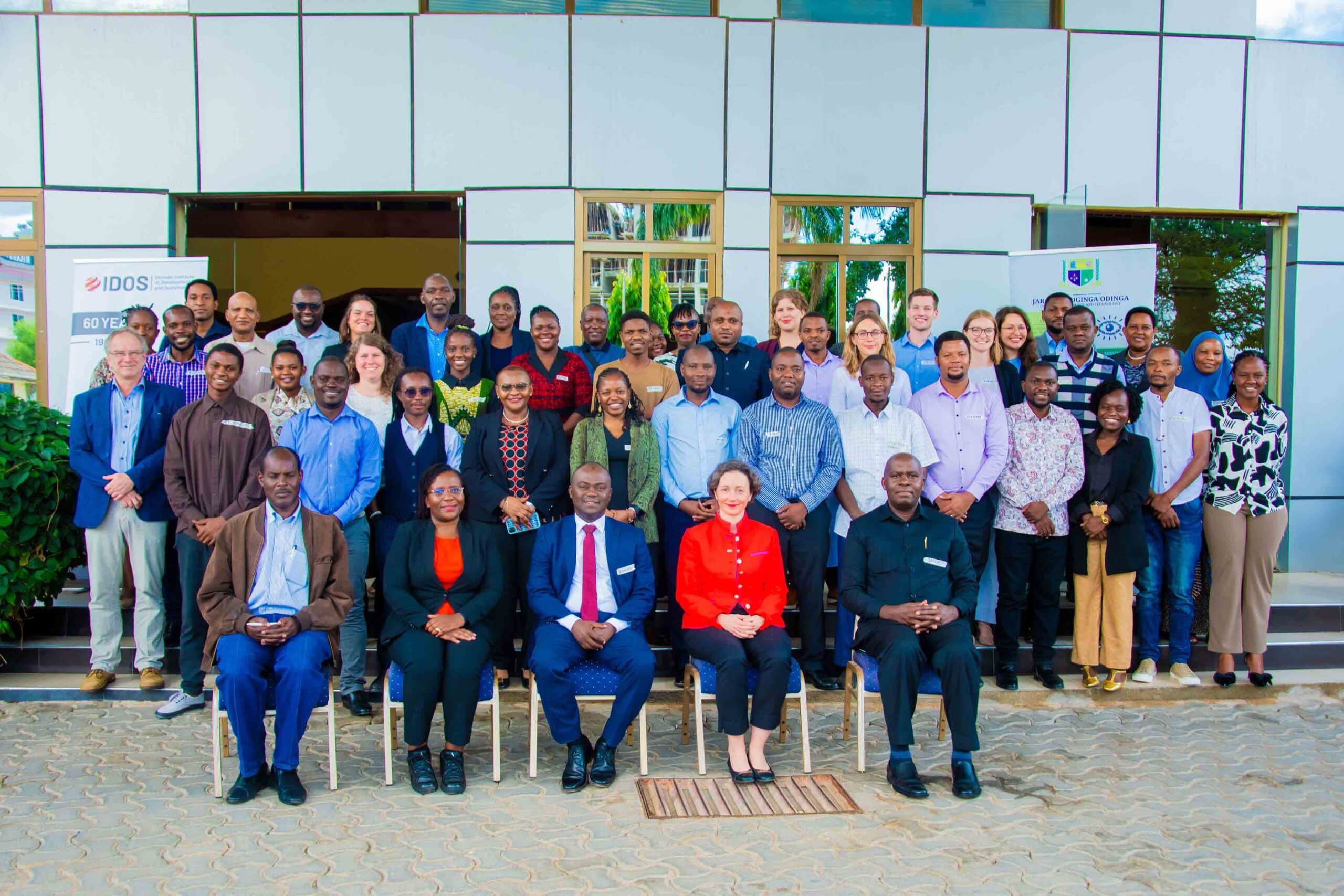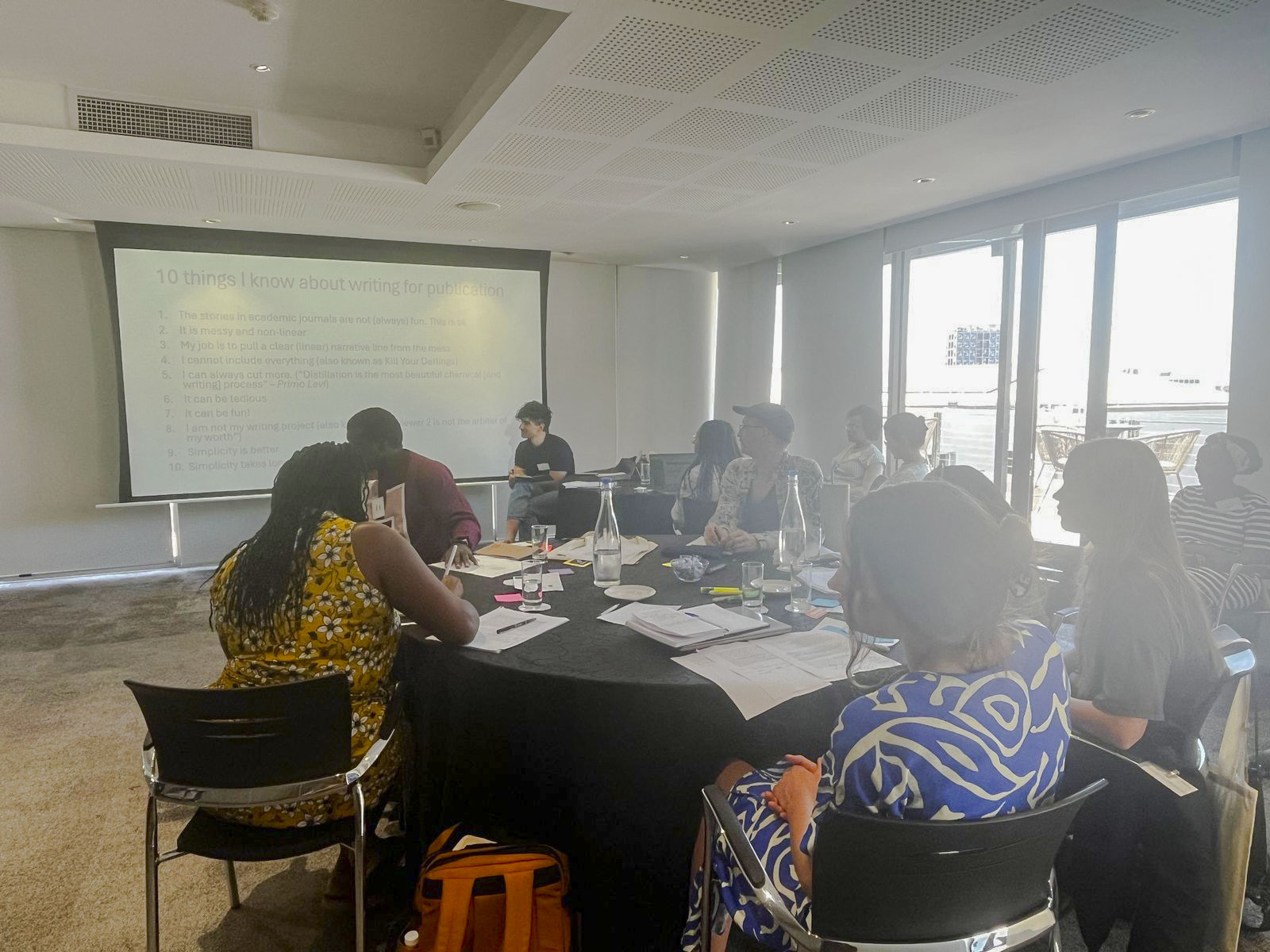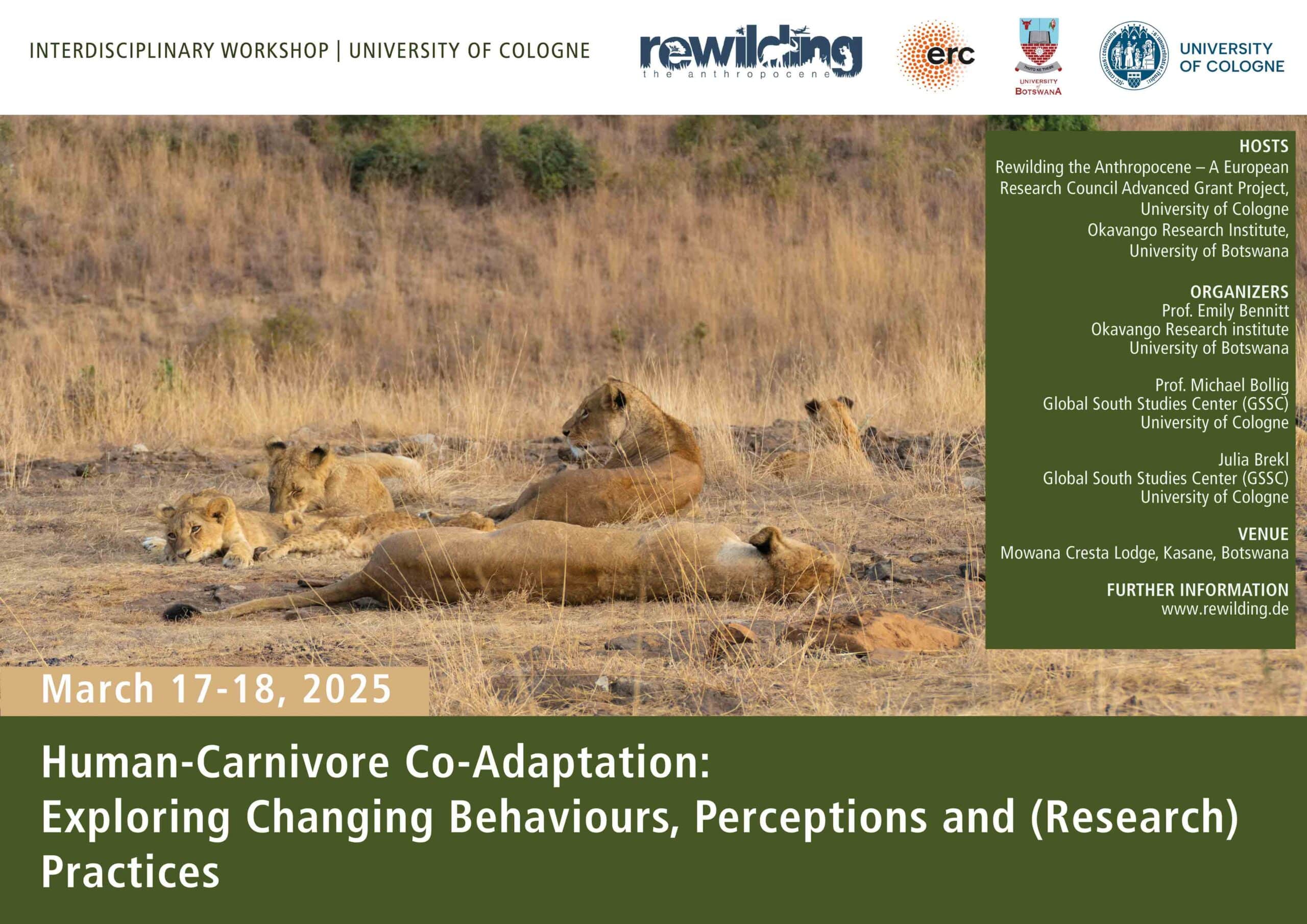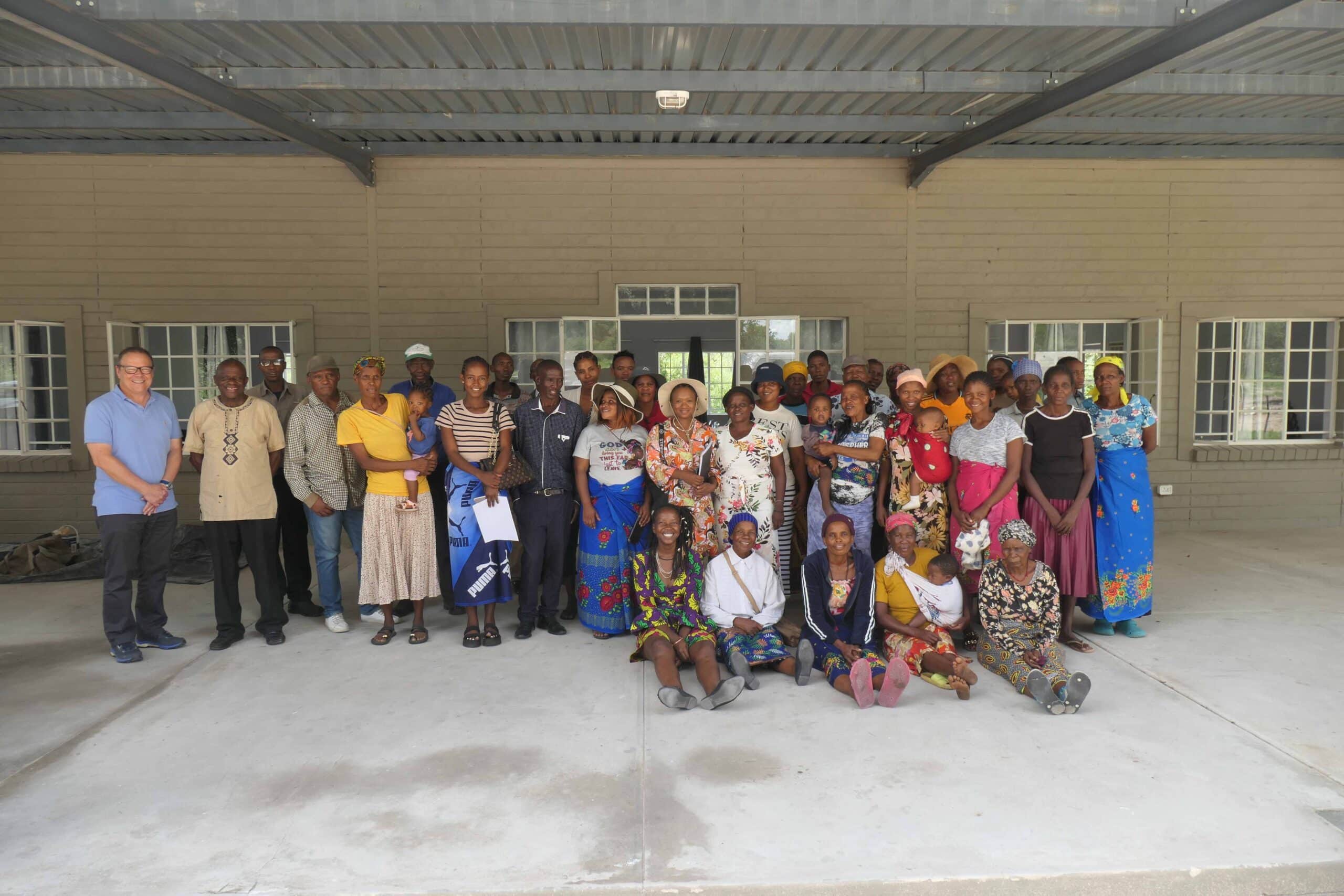During a workshop titled “Navigating Power Relations and Intersectional Dynamics in Empirical Research”, organized by Future Rural Africa’s Administrative Project Z01, the Collaborative Research Centre’s PhD students discussed and reflected on the significance of the researchers’ and the interlocutors’ intersectional identities and the impact they have on the research process. The workshop was conducted by Dr. Sinah Kloß and Manon Diederich who are both experienced researchers with substantial research expertise when it comes to conducting field work in Sub-Saharan Africa and the Global South.
Workshop Abstract:
As empirical researchers, we collect data during qualitative social research. We may conduct interviews and participant observation, integrate into the everyday life of a group or community, and seek to develop close relationships with interlocutors in order to acquire relevant data for our research. However, institutional training and preparation seldom prepares early-career researchers sufficiently for the challenges empirical researchers may face during the research process. Too little attention is paid to the significance of the researchers’ and the interlocutors’ intersectional identities and the impact they have on the research process. Aspects such as the gender, age, or sexual orientation of the researcher are seldom sufficiently reflected on, even though intersectional identities have a decisive influence on empirical research and its social relations.
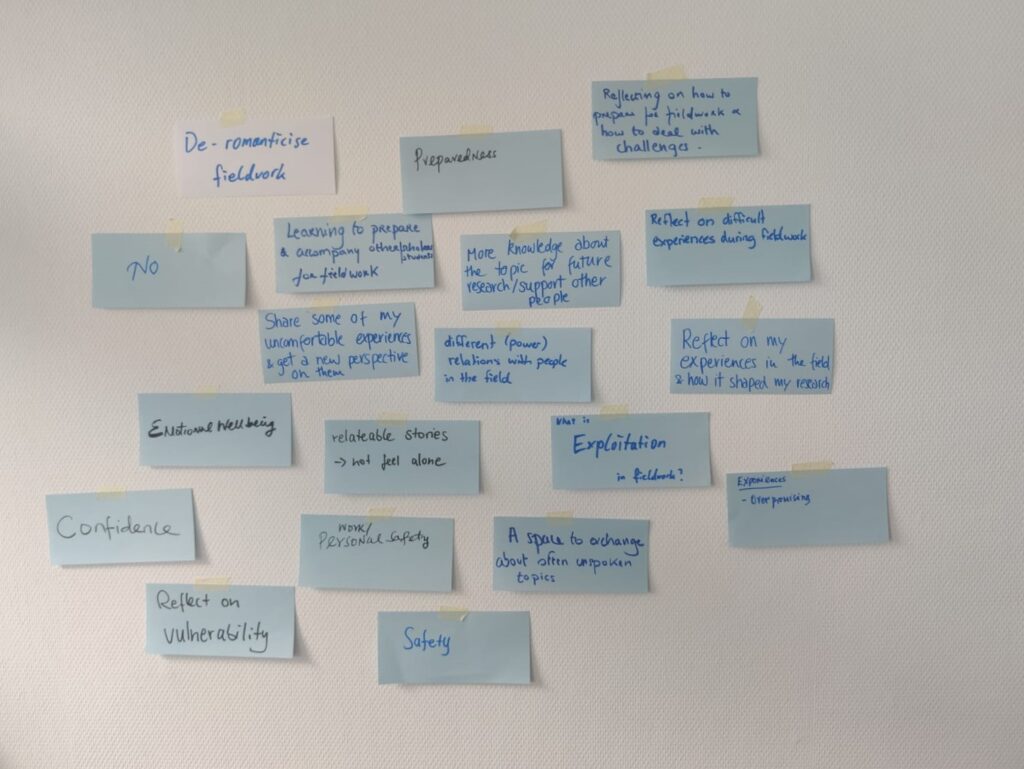
This workshop will focus on the specific challenges of qualitative empirical research and approach it as a gendered and embodied practice. Participants will discuss and reflect on topics such as dynamic power relations, vulnerability, and the agency of researchers, interlocutors, and gatekeepers to better prepare them for research and to provide a space to share and reflect on their experiences.

